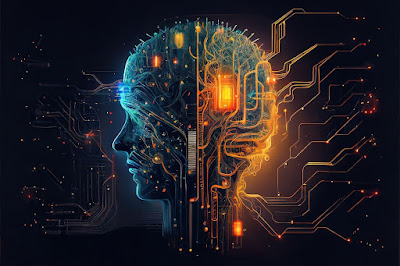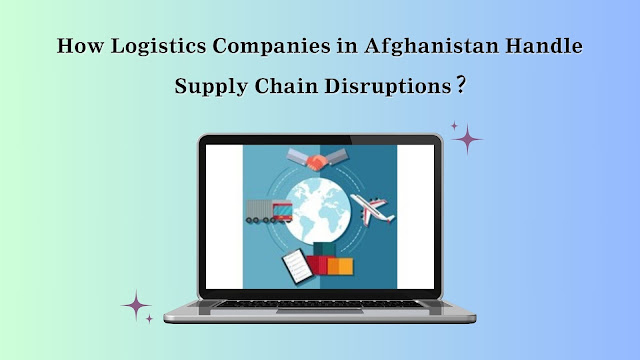Bridging the Gap: Human Expertise and AI Advancements in Logistics
In the ever-evolving landscape of logistics, the integration of artificial intelligence (AI) has brought about transformative changes. From optimizing supply chain management to enhancing last-mile delivery, AI is revolutionizing how goods are moved from point A to point B. However, amidst the buzz surrounding AI, it's crucial not to overlook the indispensable role of human expertise in the logistics industry. In this blog post, we'll explore the symbiotic relationship between human expertise and AI advancements, highlighting how they work in tandem to bridge the gap and drive efficiency in logistics operations.
Human Expertise: The Backbone of Logistics
Human expertise has been the cornerstone of logistics for centuries. From skilled warehouse managers to experienced truck drivers, the industry relies on the knowledge and intuition of its workforce to overcome challenges and deliver results. Human workers possess invaluable qualities such as adaptability, critical thinking, and problem-solving skills, which are essential for handling unpredictable situations that often arise in logistics.
One of the key strengths of human expertise lies in its ability to interpret complex data and make informed decisions based on nuanced factors that may not be easily quantifiable. For instance, a seasoned logistics manager can anticipate potential bottlenecks in a supply chain and devise contingency plans to mitigate risks, drawing upon years of experience and industry insights.
AI Advancements: Enhancing Efficiency and Accuracy
On the other hand, AI technologies have emerged as powerful tools for streamlining logistics operations and improving overall efficiency. Machine learning algorithms can analyze vast amounts of data with unparalleled speed and accuracy, enabling predictive analytics for demand forecasting, route optimization, and inventory management. AI-powered systems can detect patterns, identify trends, and make data-driven recommendations, empowering logistics companies to make informed decisions and optimize their processes in real-time.
Furthermore, AI advancements have paved the way for the automation of repetitive tasks, freeing up human workers to focus on higher-value activities that require creativity and emotional intelligence. For example, autonomous vehicles and drones are revolutionizing last-mile delivery, reducing costs and delivery times while minimizing the risk of human error.
Bridging the Gap: The Synergy of Human and AI
While AI brings undeniable benefits to the logistics industry, it's essential to recognize that it is not a substitute for human expertise but rather a complement. The true power lies in bridging the gap between human capabilities and AI advancements, leveraging the strengths of both to achieve optimal outcomes.
Human workers provide the context, intuition, and empathy that AI lacks, enabling them to navigate complex situations and adapt to unforeseen challenges. In contrast, AI technologies offer precision, scalability, and efficiency, augmenting human capabilities and unlocking new possibilities for innovation.
By fostering a culture of collaboration between human experts and AI systems, logistics companies can harness the full potential of both worlds. This involves investing in training programs to upskill employees in AI literacy, fostering cross-functional collaboration between data scientists and logistics professionals, and creating frameworks for ethical AI deployment that prioritize transparency, fairness, and accountability.
Conclusion
In conclusion, the integration of AI advancements in logistics holds immense promise for driving efficiency, reducing costs, and improving customer satisfaction. However, it's crucial to recognize that human expertise remains indispensable in navigating the complexities of the logistics landscape. By bridging the gap between human capabilities and AI advancements, we can unlock new opportunities for innovation and create a future where logistics operations are powered by the synergy of human ingenuity and technological innovation.




Comments
Post a Comment